How to prepare for the Taxonomy Regulation
Things will get serious when the Taxonomy Regulation comes into force next year on 1 January 2022. We have already felt the first new obligations with the Disclosure Regulation, which came into force on 10 March 2021. But it doesn’t stop there.
If you want to advertise your financial product as environmentally sustainable, you will have to comply with strict regulations and criteria from 1 January 2021 onwards. Only by complying to these criteria will your products be “taxonomy compliant”.
The delegated act on EU climate taxonomy was decided on 21st April 2021 and will be formally adopted at the end of May. Then the criteria for environmentally sustainable economic activities will be set. There is not much time left. We show you how you can prepare.
1. Record the current state of your assets
You can already check whether your assets would be taxonomy-compliant according to the criteria published so far. Initial studies show that the majority of assets do not yet meet the criteria. However, the reason for this is often a lack of data for assessment.
2. Set up a data management system
The taxonomy defines sustainability with concrete indicators, such as a maximum water flow of 6 litres/minute for a hand basin. If you do not currently collect such data, there is still some time to set up systematic data collection processes now.
3. Digitise building data throughout the life cycle
Try to collect and evaluate as much data from your buildings as possible automatically, e.g. through digital meters (smart meters). This ensures data quality and availability and significantly reduces efforts.
4. Improve sustainability performance
Once you have recorded an actual state on the basis of reliable data, you can identify weak points and potential for optimisation.
5. Set goals
From the weaknesses that still exist, you can derive measures and set goals, e.g. regarding climate neutrality or energy efficiency.
6. Consider certification
The systematic and fact-based approach of certification systems such as DGNB facilitate assessment according to taxonomy regulations. Certification can therefore be useful to establish processes and measure sustainability performance on an ongoing basis. Furthermore, providers of benchmarking and certification systems have announced that they will include the taxonomy criteria in their systems in the future.
Thank you for reading this post! We hope you found it to be informative. Make sure you don’t miss out on our future content: follow our company page on LinkedIn.









Head Office, Berlin,
Neue Grünstraße 17 | 18 Hof 1 | TRH 3
10179 Berlin
© ES EnviroSustain GmbH 2021




